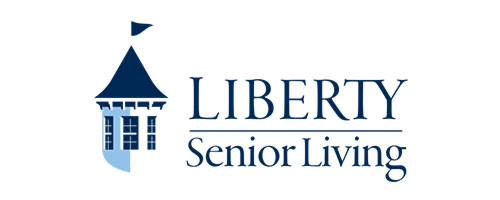[SLEEP ON IT] Tai chi, yoga, jogging best for beating insomnia
Yoga, tai chi, walking, and jogging may be some of the best natural remedies for improving sleep and tackling insomnia, according to a large analysis comparing various treatments. While cognitive behavioral therapy (CBT) remains effective, exercise-based approaches—especially tai chi—were shown to deliver significant improvements in total sleep time, efficiency, and reducing how long people stay awake after falling asleep. Yoga stood out for boosting overall restfulness, and jogging helped ease insomnia symptoms.
The findings back the use of exercise as a primary treatment strategy for poor sleep patterns, the researchers said.
Drug treatments for insomnia are not without side effects, and CBT, while effective, isn't always available due to the shortage of trained therapists, explained the researchers. An emerging body of research suggests that exercise is helpful, but current guidelines don't specify which types of exercise might be most beneficial. The researchers therefore set out to plug this knowledge gap.
For their analysis, they reviewed randomized controlled trials involved a total of 1348 adult participants and 13 different treatment approaches to ease insomnia, seven of which were exercise-based: yoga; tai chi; walking or jogging; aerobic plus strength exercise; strength training alone; aerobic exercise combined with therapy; and mixed aerobic exercises. These programs ranged from 4 up to 26 weeks in length.
The other approaches included CBT; sleep hygiene; Ayurveda; acupuncture/massage; nothing; and existing treatment, such as usual care and/or lifestyle changes, the durations of which ranged from 6 to 26 weeks.
Compared with existing treatment, CBT was likely to result in a large increase in total sleep time based on subjective sleep diary data. It may also improve sleep efficiency, and shorten the amount of time spent awake after falling asleep as well as sleep latency, with sustained improvements, the findings suggest.
But some of the exercise-based interventions also seemed to be effective.
Yoga likely results in a large increase in total sleep time of nearly 2 hours and may improve sleep efficiency by nearly 15%, according to the study. It may also reduce the amount of time spent awake after falling asleep by nearly an hour, and shorten sleep latency by around half an hour
Walking or jogging may result in a large reduction in insomnia severity of nearly 10 points, while tai chi may reduce poor sleep quality scores by more than 4 points, increase total sleep time by more than 50 minutes, and reduce time spent awake after falling asleep by over half an hour. It may also shorten sleep latency by around 25 minutes.
Further in-depth analyses revealed that Tai Chi performed significantly better on all subjectively and objectively assessed outcomes than existing treatments for up to two years.
The researchers concluded: "The findings of this study further underscore the therapeutic potential of exercise interventions in the treatment of insomnia, suggesting that their role may extend beyond adjunctive support to serve as viable primary treatment options."
To read the full study, published in BMJ Evidence-Based Medicine, click here
Do you have news to share?
The ICAA welcomes your news submissions. Please send your press releases to colinmilner@icaa.cc-the ICAA's email for submissions-and staff will consider your news for possible publication. Newsworthy topics include such things as center/community openings; initiative or campaign launches; announcements of awards, promotions or grants; and other topics of interest to active-aging professionals.
Share































